Believe it or not, there is a science to BBQ. If ever a better moment to dive into it, #BBQWeek is just the time! Starting with perhaps the most scientific concept of BBQ…the “Maillard Reaction.”
The Maillard Reaction, is when proteins on the surface of a meat interact and recombine with the sugars of the meat. To expand, this only happens when meat reaches a temperature between 300-500° F. The outside becomes significantly hotter than the inside, triggering the Maillard reaction, which results in the changing of meat color (typically pink to brown) and overall flavor of the well-cooked meat vs. rare vs. raw.
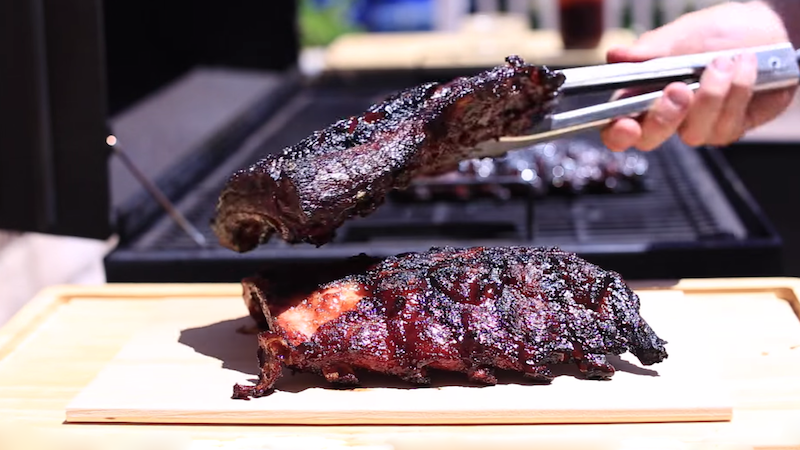
Fast Cooking, or cooking in a quick manner, is only “better” for meats that cook through quickly. If you were to put a brisket over a hot BBQ, the result would be a chard exterior and a next to raw/rare interior. When it comes to leaner items like thin cuts of meat, seafood, lean patties, ect…they cook through very quickly. If you want to get a solid sear without over cooking the interior of the meat, it is absolutely necessary to BBQ them hot and fast! The high heat will sear it right away, prior to the interior reaching temperatures that would result in an overcooked and dry meal.
For anything more substantial, like steaks, briskets, larger poultry, etc…slow and steady will always win the race—and it can all be explained with science!
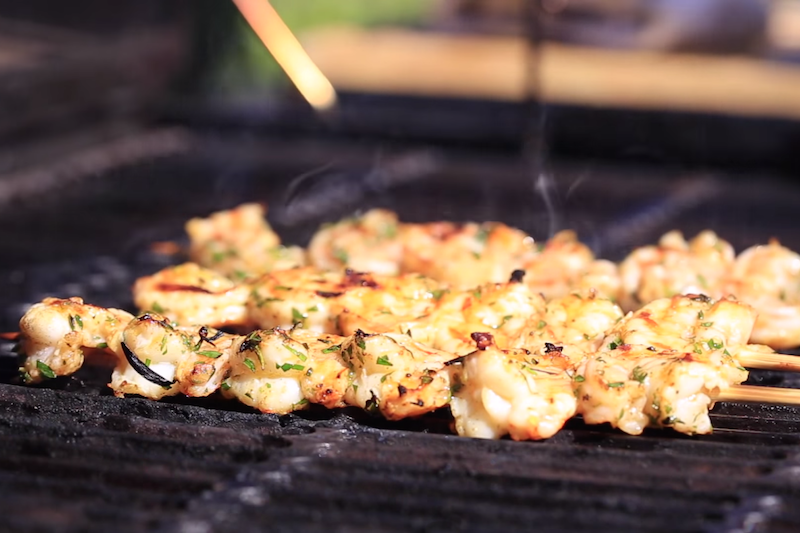
Slow Cooking will result in that fall-apart, tender beyond belief, melt in your mouth type of BBQ! The reason is simple. Connective tissue in meat contains collagen, which makes the muscle fibers of meat tough and constricted. Cooking meat at a low temperature gives the collagen enough time to convert to a gelatin (at about 160° F), allowing the muscle fibers that have been bound tightly together to loosen and literally pull apart—since the connective tissue is now soluble.
Think of a nice steak house…they don’t offer heavy duty steak knives. Why? Because well cooked meat (slow cook meat) should fall apart without effort. When meat is cooked too quickly this process doesn’t have time to occur—resulting in a cooked, but tough product. By slow cooking, meat has enough time to become tender. The rendered fat and soluble gelatin also make for one JUICY cut of meat!
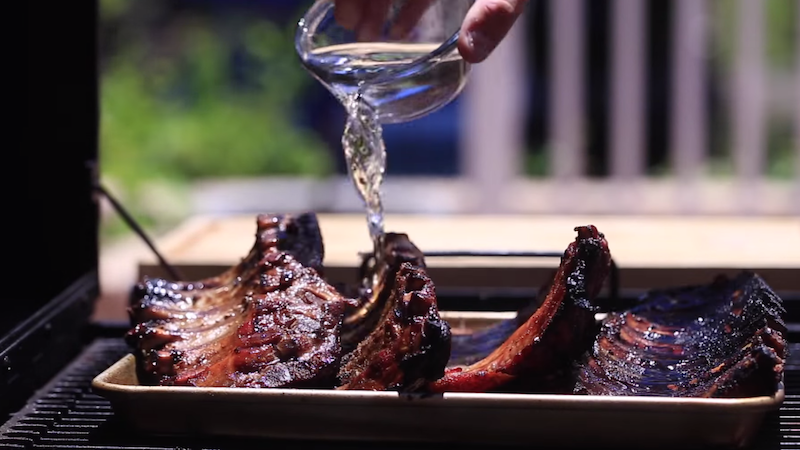
At the end of the day, the choice is yours to slow cook or fast cook, but hopefully now you have a better grasp as to what actually occurs during the cooking process and how that will affect the overall taste and texture of your BBQ. Practice makes perfect!

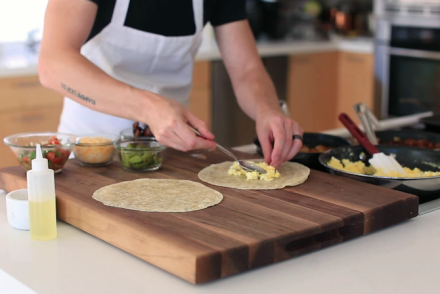
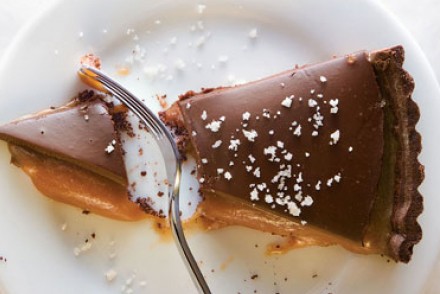

Byron! love your blog. your style is clean, your knowledge is professional, your recipes are awesome. I am preparing to start a blog myself and i desperately need the peripheral details involved. Can you give me some tips on where to start, how many years it took to really get it going and get subscribers, (how many do you currently have btw?) and whether or not the income from linking and advertising on your page really makes it worthwhile as a stand alone career, or do you own a restaurant and this blog is just a moonlighting job on the side? Would love to hear your opinions. thank you.